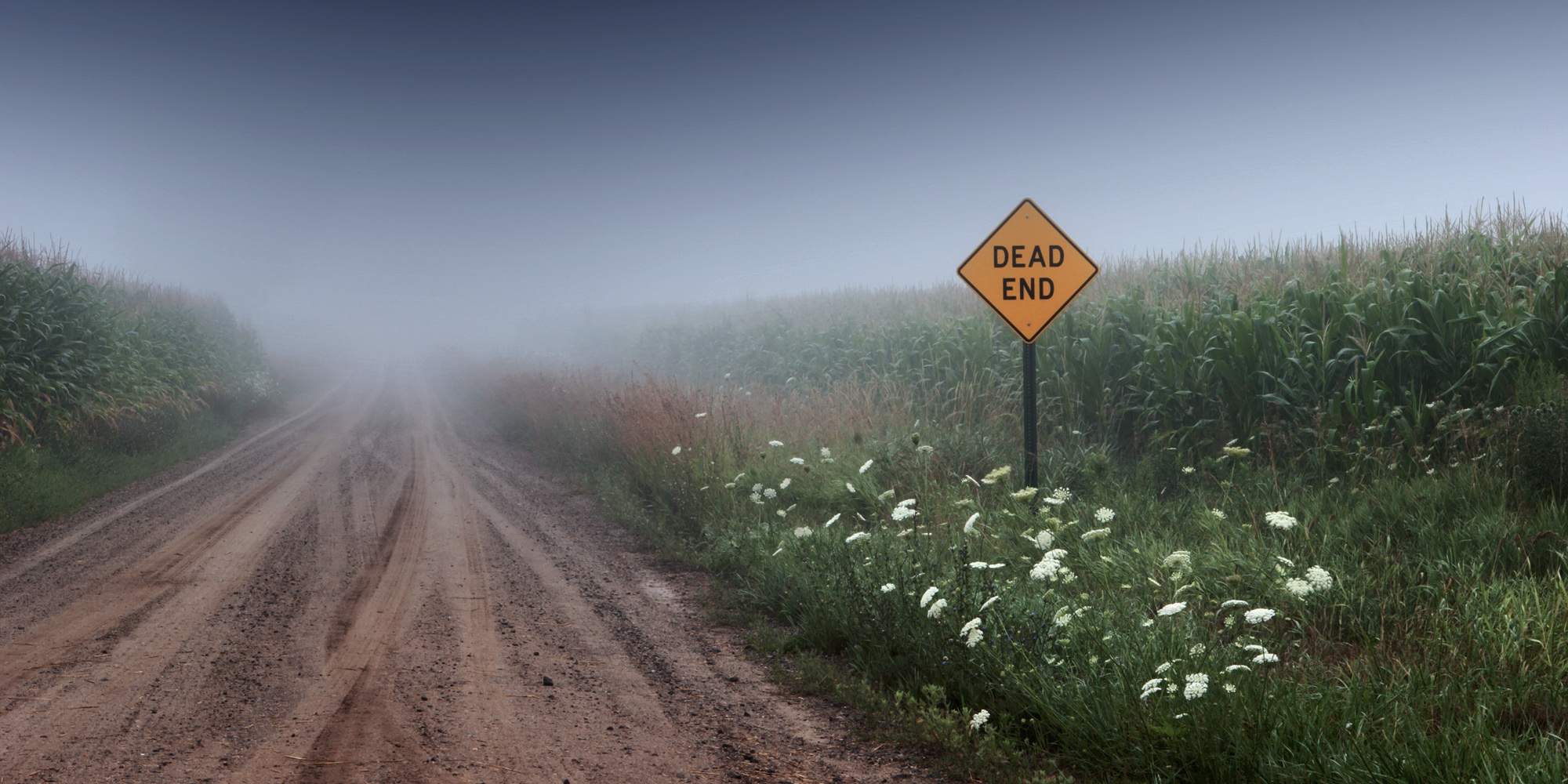GenZ burnout and murder: the changing landscape of crime fiction
As the focus of crime fiction shifts to GenZ, the horrors are becoming more mundane – debt, burnout, poor mental health – but no less terrifying.
“Generation Z” typically describes the post-Millennials, those born between the late 90s and the early 2010s. It’s a generation shaped by the 2008 financial crisis and ensuing global instability; one steeped in greater levels of education and ambition, but also defined by the gig-economy and spiralling student debt.
 Novels like Karen M McManus’s One Of Us Is Lying, Oyinkan Braithwaite’s My Sister the Serial Killer, and Caroline Kepnes’s You are putting a new spin on the crime genre. In these books, evil lives close to home: the murderer could be a family member, a friend, a partner, or even … you?
Novels like Karen M McManus’s One Of Us Is Lying, Oyinkan Braithwaite’s My Sister the Serial Killer, and Caroline Kepnes’s You are putting a new spin on the crime genre. In these books, evil lives close to home: the murderer could be a family member, a friend, a partner, or even … you?
One Of Us Is Lying, and its new sequel One Of Us Is Next, force you to imagine every one of a Breakfast-Club-like quartet of apparently-harmless high-schoolers as a cold-blooded killer.
In the new wave of crime fiction, the hero might not be the sleuth who cracks the case. The hero might be the killer himself. You’s twisted stalker “love story” (also a hit Netflix series) has made an unlikely heartthrob of its murderous protagonist, Joe.
Perhaps unsurprisingly, the modern era of crime fiction is often served with an ironical twist. For GenZ’ers weaned on sarcasm, when you are confronted with existential truths, you have to laugh or you’d cry.
Written with a punch of humour, My Sister the Serial Killer follows the longsuffering sibling of a gorgeous-but-callous woman who can’t stop killing her boyfriends. My Sister the Serial Killer and You are both savagely satirical – and they become all the more disturbing when the laughter stops and the reality of the cruelty sets in.
GenZ is the #selfcare generation, for whom mental health is an ever-present concern, so it’s no wonder that splintering mental unhealth is at the heart of so much crime fiction. Gillian Flynn blazed for trail for thrillers that are purely psychological, characterized by a creeping sense of internal unease. Her novels, especially the underrated Dark Places, all feature protagonists with some degree of burnout, pushed to their limits.
In my own writing, I’m drawn to characters on the edge. The cliff they’re standing on isn’t physical, it’s emotional. My debut novel, Dead Ringer, features two characters who are wildly different (Ella is a quiet country mouse; Jem is an outrageous city socialite), but they’re both burned-out and spiralling.
The other thing Dead Ringer’s protagonists have in common? Their appearance. In the novel, they’re strangers who meet through an app called MeetYourDouble, which uses facial recognition technology to match you with your doppelgänger. All fun and games, right? Until you realize that meeting your double might trigger deeper turmoil – and even murder.
The future of psychological crime fiction looks bleak – and I mean that in a good way. Authors are finding ingenious ways to turn difficult subjects like mental illness, burnout, and loneliness into funny, intelligent and pitch-black fiction.







